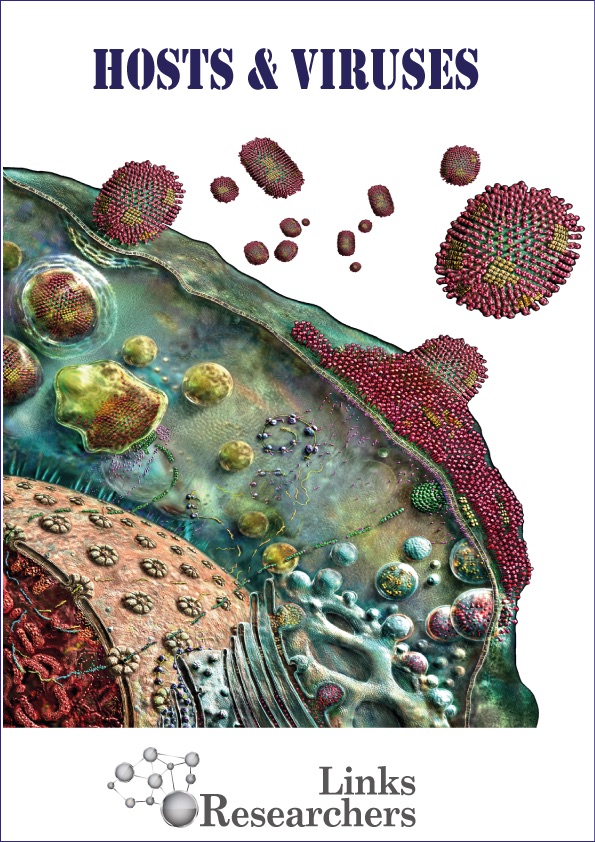One Health and Emerging Infectious and Viral Diseases: Insights from Host-Pathogen Research
One Health and Emerging Infectious and Viral Diseases: Insights from Host-Pathogen Research
Muhammad Usman1, Hussain Abbas1, Riffat Maqsood1, Muhammad Awais Nadeem1, Abdul Hanan Shazal1, Ali Usman1, Amna Hameed2, Haram Shahid3, Zulqarnain Haider3, Muhammad Zain1, Muhammad Suleman1 and Muhammad Wasif Gulzar1*
ABSTRACT
To reduce the dangers of newly developing and reemerging infectious diseases (EIDs), “One Health” calls on health scholars and practitioners working at the interfaces between humans, animals, and the environment to collaborate. More and more people are realising that effective EID management and mitigation require a One Health strategy that emphasises inter-disciplinary collaboration. However, this kind of One Health strategy must address certain ethical, legal, and socially and politically problems. EID events are made up of complex and conditioned sets of relationships that pertain to socioeconomic and social and political life. drivers and consequences, the latter of which go beyond the effects of the disease, according to the intellectual review and evaluation of scholarship surrounding the concept and application of One Health. As a result, the implementation of One Health-based policies and their conformity to or change of societal values determine their efficacy. Even with a compelling justification, putting a One Health strategy into practice thoughtfully and holistically can be difficult, particularly when there seems to be a crisis. The global health is at risk due to the current coronavirus disease 2019 (COVID-19) pandemic, which is producing unprecedented financial, social, and political disturbances. Using a comprehensive One Health (OH) approach to implement interventions at the interface of humans, animals, and the environment is one option to stop such a pandemic. To assess the development of the OH strategy, including the identification of critical OH activities implemented for prevention, response, and control, this systematic literature review recorded the three coronavirus epidemics, namely SARS, MERS, and COVID-19.
To share on other social networks, click on any share button. What are these?





